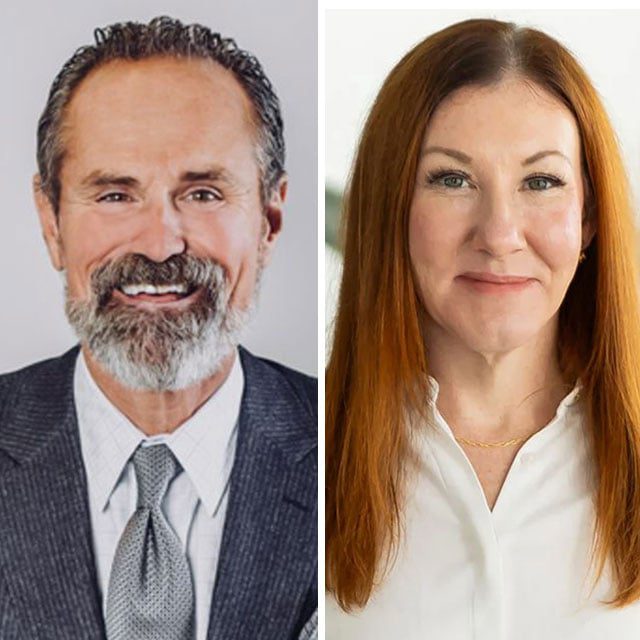Carson Group Crisis Raises Big Questions

Where assaults or violence are alleged, whether it seems fair or not, firms “can quickly and immediately put an individual on administrative leave,” not necessarily conferring guilt upon them, “but just to give space for the organization to investigate and follow the process in due course,” Anthony said.
Plus, the firm should, at the very least, inform its staff that allegations stemming from an alleged assault at an industry event have emerged, that the organization takes them very seriously and that someone will be asked to take leave during the investigation, he adds.
While it may cast a negative light on the individual, it’s the safest path, according to Anthony. If the person’s innocent, they’re still getting paid, but if they’re potentially guilty, “they’re not necessarily interacting with peers. And I think that sets a tone upfront,” he said. ”The organization’s taking the claim seriously.”
What should Carson Group have done for Gulick and others with knowledge of the alleged assault?
In her lawsuit, Gulick contends she “was deeply troubled by Carson Group’s complete lack of concern about having an alleged sexual predator working there, where he was interacting and traveling with Carson Group’s female employees.”
This led her to seek treatment for depression and post-traumatic stress disorder, the suit claims.
If someone at a firm is distressed over how an incident is handled, leadership should make sure there’s a “management ambassador or advocate” to let the staff know the firm will protect everyone’s well-being, Anthony said.
How can rapidly growing firms like Carson Group better implement effective policies?
Incidents are more likely to arise at firms that have expanded in size as much as Carson has in recent years, Anthony said. For an organization that emphasizes the great things it’s doing for its advisors and the industry, the lawsuit “takes that narrative off course.”
Firms need to be vigilant as they expand, since the likelihood of volatile incidents increases; plus, they’ll be held to a higher standard and such occurrences become more newsworthy, he said.
What should firms do before a crisis occurs?
What’s going on at Carson Group clearly demonstrates “the importance of having a prepared crisis communications strategy in case something arises,” said Valentine.
This way — when a crisis hits — a firm can cite its protocol and say, “‘This [step being taken] is not against A, B or C [individual]. It’s just what we always do according to our game plan,’ should this [situation] ever arise,” Anthony explained. “And it can go for a lot of allegations. It could be for fraud or theft or violence or assault.”
Overall, how can the industry better protect women at public events?
Members of the industry have talked about doing more to support women for some time, but so far are failing to deliver on that commitment, Alan Moore, CEO of turnkey advice and planning platform XY Planning Network, told ThinkAdvisor by email earlier this week.
“Until companies and conference organizers are willing to implement policies that are unwavering in their support of women, nothing is going to change,” Moore said.
XYPN, which serves fee-only financial planners, doesn’t allow anyone who is reported for harassment to return to its events, Moore said.
While some conference organizers have pledged to keep their venues free of harassment, that doesn’t necessarily make the gatherings immune from one or two bad actors, according to Anthony.
Leaders at Gregory FCA, Anthony says, remind team members that “their behavior reflects the company no matter where they are, even if they’re not actually at the conference or at the client office.”
Conferences can be very tricky, he noted: “There is a subtext for a lot of industry events, whether very splashy locations — Las Vegas, Southern California, Miami — where staffers, colleagues, industry friends can go from being in a conference room or a board room room to a nightlife situation or a casino situation fairly quickly.”
Janet Levaux contributed to this report.
Pictured: Ron Carson and Mary Kate Gulick
We welcome your views on the issues highlighted here and, specifically, on the financial services industry’s approach to preventing and reporting sexual harassment in the workplace and at public events. Write to [email protected].




